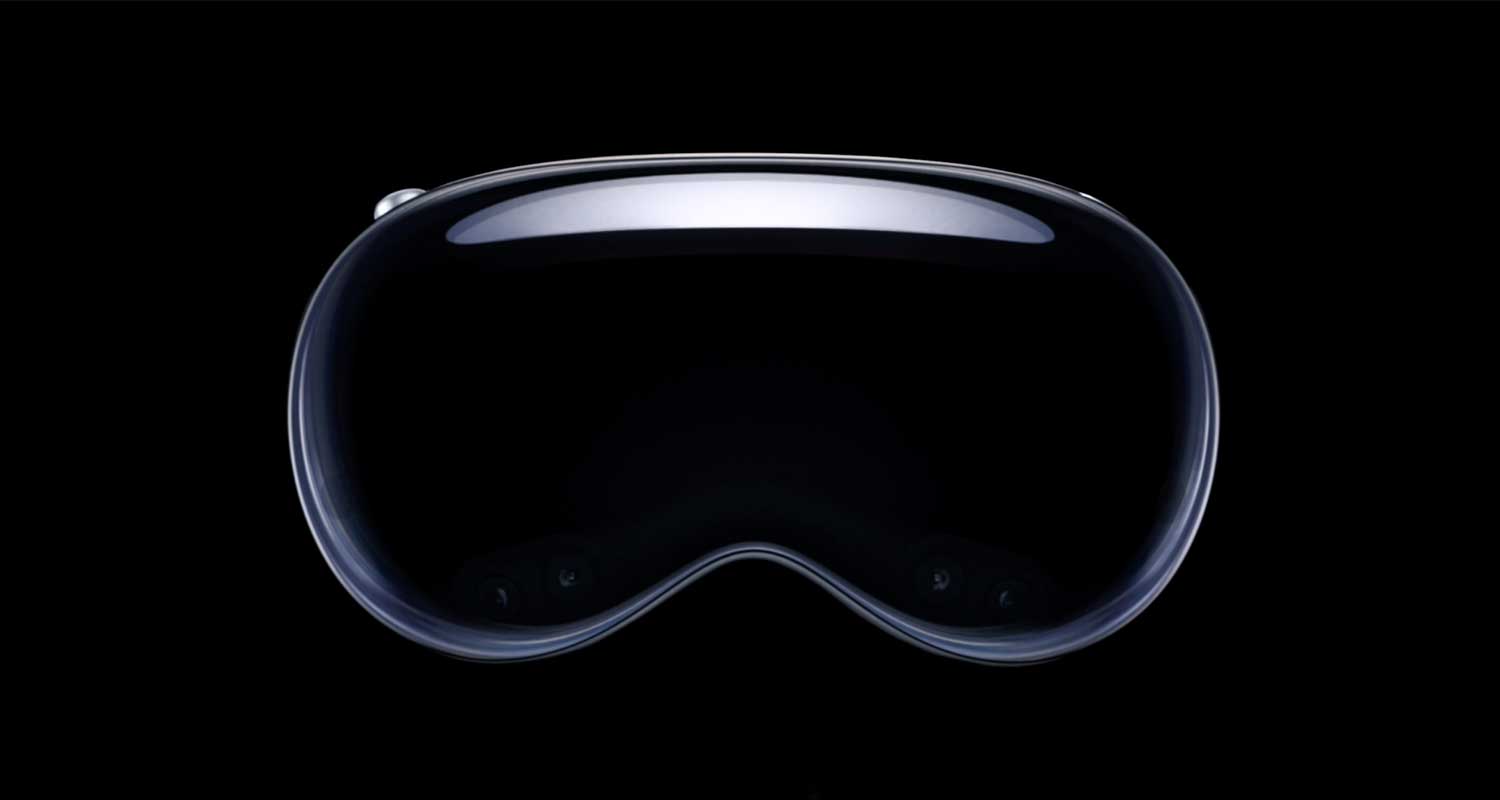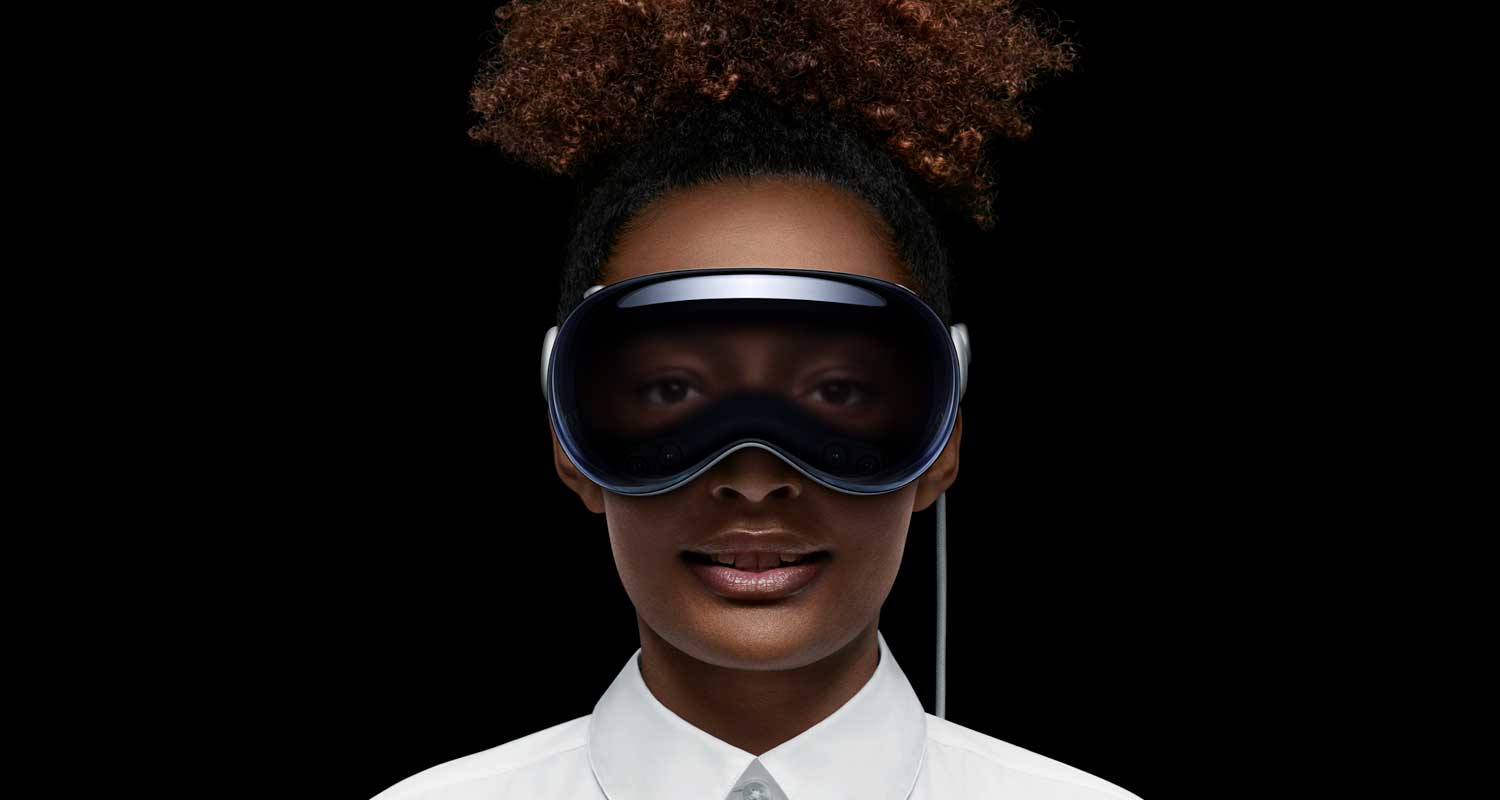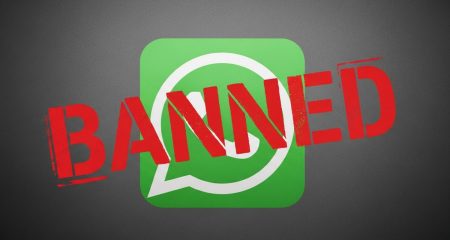 Analysts lauded Apple’s Vision Pro on Tuesday for its impressive technology, but warned that it will be a few years before the US$3 499 augmented reality headset sees widespread adoption.
Analysts lauded Apple’s Vision Pro on Tuesday for its impressive technology, but warned that it will be a few years before the US$3 499 augmented reality headset sees widespread adoption.
The device, which investors treated with a lukewarm reception, marked the company’s first new product line since the launch of the Apple Watch nearly a decade ago.
CEO Tim Cook said it could spark the dawn of “spatial computing”, where digital content blends with the physical world, just like how the iPhone changed the world of mobiles.
That vision, analysts said, could take some time to materialise because the high price tag will likely dissuade most buyers and the product does not have any clear use beyond entertainment in a still nascent augmented reality (AR) market.
“Apple proved they have a vision for the role AR technology could play for consumers … and Vision Pro looked sleek/differentiated versus incumbents and performed with clear potential,” Morgan Stanley analysts said.
“However, the Vision Pro is not ready for mass consumption,” they added, pointing to a bulky external battery pack and the lack of a “killer app”, among other issues.
Read: Hands on with Apple’s new Vision Pro headset
Some analysts also warned that cheaper AR offerings from market leader Meta Platforms could be an impediment as the Meta Quest 2 retails at $299 and its successor unveiled last week, Meta Quest 3, is priced at $499.
Challenge to Meta
“Although Apple will give Meta the biggest challenge since the Facebook owner’s entry into the segment, it won’t be able to overtake Meta in terms of shipments,” said Harmeet Singh Walia, senior analyst at Counterpoint Research.
But he added that Apple may not need to dominate the market in terms of shipments to become the most prominent player. “As with smartphones, in which Apple usually has well over 80% share of profitability with around 20% share of shipments, it may become the most successful player without becoming most widely adopted.”
The uncertainty regarding Vision Pro sales also drove a wide range of predictions on its expected shipments once the device goes on sale next year.
Read: Apple unveils its Vision headset in search of a post-iPhone future
KGI Securities analyst Christine Wang said she expected shipments of 200 000 in the first year, while Credit Suisse predicted Apple could ship over a million units in the period. For comparison, Apple sold more than 1.4 million iPhones in the first year after launch, garnering $630-million in sales.
Apple’s shares were down 0.7% on Tuesday.
 Still, several analysts believe the company has created a “no lose” situation for itself through its move into AR.
Still, several analysts believe the company has created a “no lose” situation for itself through its move into AR.
James Cordwell of Atlantic Equities said: “If the device were eventually to drive a platform shift from mobile to AR, Apple has positioned itself to extend its leadership from the smartphone era to that new epoch. If it fails to gain traction, then it will most likely be because VR/AR is a technological dead end, thus extending the dominance of the smartphone as the primary consumer device.” — Aditya Soni, (c) 2023 Reuters




